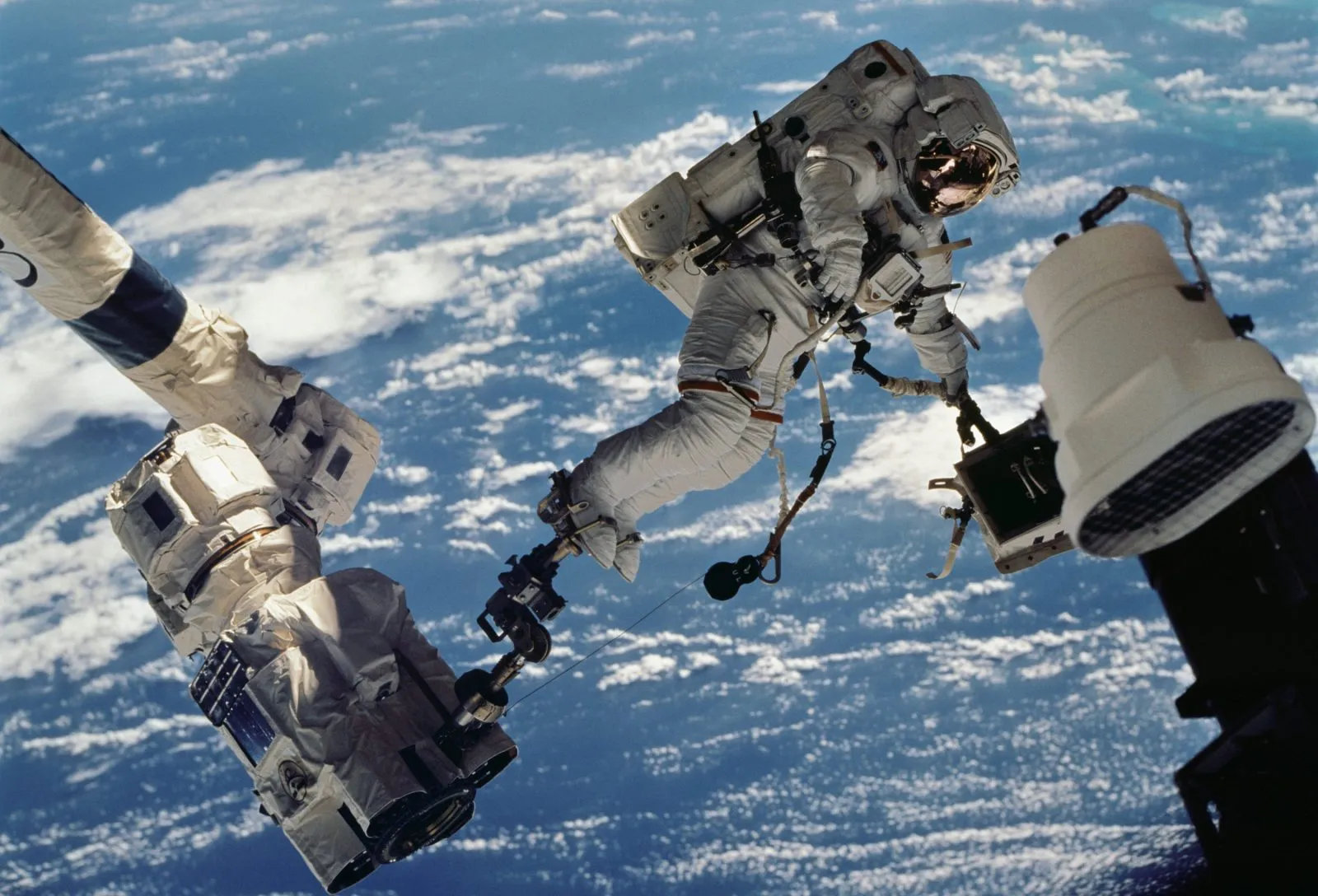By: Matthew Wang
A recent study showed that spaceflight may flood ventricles, liquid chambers in the brain. Snexplore.org reports that “Fluid-filled chambers in the human brain expand while in space. It’s one way they adapt to lower gravity. But after a space mission, these structures don’t shrink back right away. It might take three years to return to normal.” The site also notes that “[Astronauts who had been to space less than three years prior]’s ventricles didn’t swell much if at all. That suggests their brains may not have had enough time between missions to fully recover” (snexplore.org, 2023). This hints at the possible brain damage astronauts may suffer as the result of extended presence in microgravity, severely limiting the length of future space missions.
Such findings may affect long term space travel mission planning, such as plans to send humans to Mars. According to CNN, “The findings have implications for future longer-term missions as NASA and its international partners aim to establish a sustained human presence on the moon with the Artemis program, with the eventual goal of sending humans to deep-space destinations such as Mars.” Although longer term studies must be conducted to deduce the longer-term effects of expanding ventricles, a study on short term consequences recommends that astronauts wait for a three year period to avoid potential problems that might spring up, such as damage to brain tissue.











